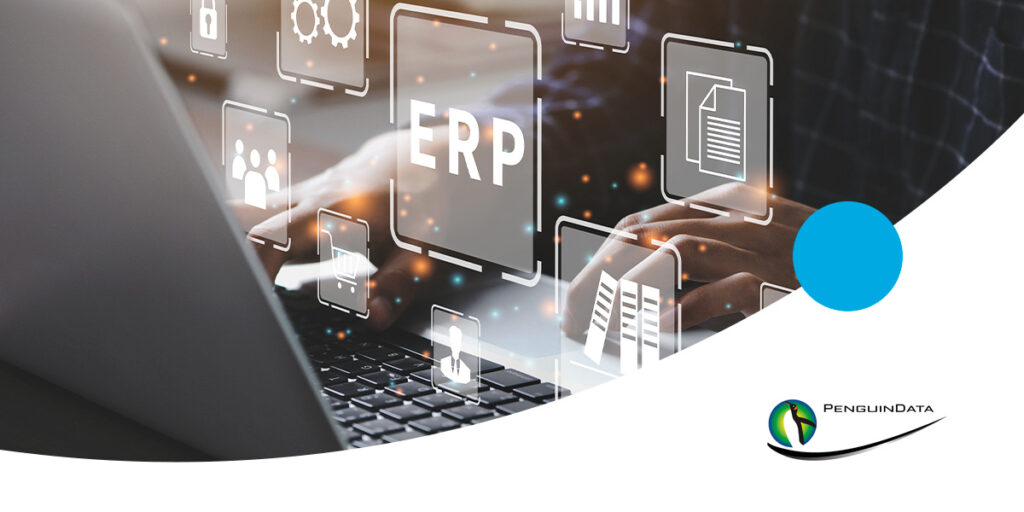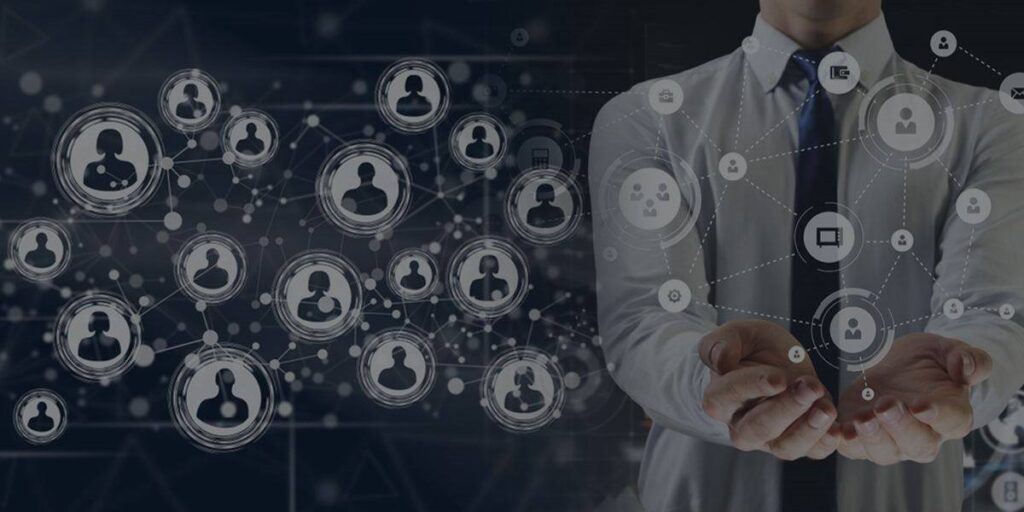Enterprise Resource Planning (ERP) software is a powerful tool that integrates and streamlines various business processes into a unified system. It enables organizations to manage core functions such as finance, human resources, supply chain, customer relationship management, and manufacturing in a centralized manner. By providing real-time data access and automation, ERP systems enhance efficiency, improve decision-making, and drive business growth.
ERP solutions have evolved significantly over the years, shifting from on-premise installations to cloud-based platforms. As businesses continue to embrace digital transformation, ERP systems have become indispensable for organizations of all sizes and industries.
Evolution of ERP Systems
The history of ERP dates back to the 1960s when businesses used mainframe-based inventory management and control systems. Over time, these systems evolved into Material Requirements Planning (MRP) solutions in the 1970s and later into Manufacturing Resource Planning (MRP II) in the 1980s. By the 1990s, the term “Enterprise Resource Planning” was coined as businesses sought integrated solutions to manage multiple functions beyond manufacturing.
With the advent of cloud computing, modern ERP solutions now offer greater accessibility, scalability, and integration capabilities. Today’s ERP systems leverage artificial intelligence (AI), machine learning, and automation to optimize business operations.
Core Components of ERP Software
ERP software comprises multiple modules that cater to different business functions. Some of the key components include:
1. Financial Management
ERP systems help organizations manage their finances effectively by providing:
- General ledger management
- Accounts payable and receivable
- Budgeting and forecasting
- Financial reporting and analytics
- Tax compliance and auditing
2. Human Resources Management (HRM)
This module automates HR processes such as:
- Employee records management
- Payroll processing
- Benefits administration
- Recruitment and onboarding
- Performance evaluation
3. Supply Chain Management (SCM)
SCM within ERP software helps businesses optimize supply chain operations by providing tools for:
- Inventory management
- Procurement and supplier management
- Logistics and distribution
- Demand forecasting
- Warehouse management
4. Customer Relationship Management (CRM)
The CRM module helps businesses build strong relationships with customers by offering features like:
- Lead and contact management
- Sales tracking
- Customer service automation
- Marketing campaign management
- Customer feedback analysis
5. Manufacturing and Production Management
ERP solutions support manufacturing operations through:
- Production planning and scheduling
- Bill of materials (BOM) management
- Quality control and compliance tracking
- Equipment maintenance
- Work order management
6. Business Intelligence (BI) and Analytics
ERP software provides real-time insights through BI and analytics tools that assist in:
- Data visualization
- Performance monitoring
- Predictive analytics
- KPI tracking
- Decision-making support
Benefits of Implementing ERP Software
Implementing an ERP system brings numerous advantages, including:
1. Improved Efficiency and Productivity
ERP automates manual tasks, reducing errors and increasing operational efficiency across departments.
2. Real-Time Data and Decision-Making
Businesses gain access to real-time data, enabling quick and informed decision-making.
3. Enhanced Collaboration and Communication
ERP integrates various departments, facilitating seamless communication and collaboration within the organization.
4. Cost Reduction
By optimizing processes and reducing operational inefficiencies, ERP helps in cost savings and resource utilization.
5. Scalability and Flexibility
Modern ERP systems are scalable, allowing businesses to expand and adapt to changing needs.
6. Regulatory Compliance and Risk Management
ERP ensures compliance with industry regulations and enhances security measures to protect sensitive business data.
Challenges in Implementing ERP Software
Despite its benefits, ERP implementation comes with challenges, such as:
1. High Initial Investment
ERP solutions require significant financial investment in terms of software, hardware, and training.
2. Complexity and Integration Issues
Integrating ERP with existing business systems can be complex and may require customization.
3. Employee Resistance to Change
Organizations may face resistance from employees who are accustomed to traditional workflows.
4. Time-Consuming Implementation Process
ERP deployment can take months or even years, requiring proper planning and execution.
5. Data Security Concerns
With ERP handling sensitive data, businesses must ensure robust security measures to prevent cyber threats.
Types of ERP Software
Businesses can choose from different types of ERP solutions based on their needs:
1. On-Premise ERP
Installed on company-owned servers, on-premise ERP provides greater control but requires dedicated IT resources for maintenance.
2. Cloud-Based ERP
Hosted on the cloud, this model offers flexibility, remote access, and lower upfront costs.
3. Hybrid ERP
A combination of on-premise and cloud-based ERP, hybrid solutions offer the best of both worlds.
Leading ERP Software Providers
Several companies offer industry-leading ERP solutions, including:
- SAP ERP
- Oracle ERP Cloud
- Microsoft Dynamics 365
- Infor ERP
- NetSuite ERP
- Workday ERP
- Epicor ERP
Future Trends in ERP Software
The future of ERP is being shaped by emerging technologies and evolving business demands. Key trends include:
1. Artificial Intelligence and Machine Learning
AI-driven ERP enhances automation, predictive analytics, and intelligent decision-making.
2. Internet of Things (IoT) Integration
IoT-enabled ERP solutions improve asset tracking, inventory management, and predictive maintenance.
3. Blockchain for Security and Transparency
Blockchain technology enhances data security, integrity, and transparency in ERP systems.
4. Mobile ERP Solutions
Mobile-friendly ERP applications enable businesses to access data and perform operations on the go.
5. Industry-Specific ERP Solutions
Customized Enterprise Resource Planning ERP solutions cater to the unique requirements of different industries such as healthcare, retail, and manufacturing.
6. Sustainability and Green ERP
Businesses are adopting eco-friendly ERP solutions that focus on reducing waste and promoting sustainable practices.
Conclusion
Enterprise Resource Planning (ERP) software is a vital tool for modern businesses, enabling seamless integration and optimization of core operations. By improving efficiency, reducing costs, and providing real-time insights, Enterprise Resource Planning ERP systems empower organizations to make informed decisions and achieve sustainable growth. Despite challenges in implementation, advancements in AI, IoT, and blockchain are driving the future of Enterprise Resource Planning ERP, making it an essential investment for businesses looking to stay competitive in a digital era. As technology continues to evolve, ERP will play an increasingly critical role in shaping the future of enterprise management.
















